Rubinstein-Taybi Syndrome - GeneReviews® - NCBI Bookshelf
Por um escritor misterioso
Last updated 10 abril 2025

Rubinstein-Taybi syndrome (RSTS) is characterized by distinctive facial features, broad and often angulated thumbs and halluces, short stature, and moderate-to-severe intellectual disability. Characteristic craniofacial features include downslanted palpebral fissures, low-hanging columella, high palate, grimacing smile, and talon cusps. Prenatal growth is often normal, then height, weight, and head circumference percentiles rapidly drop in the first few months of life. Short stature is typical in adulthood. Obesity may develop in childhood or adolescence. Average IQ ranges between 35 and 50; however, developmental outcome varies considerably. Some individuals with EP300-related RSTS have normal intellect. Additional features include ocular abnormalities, hearing loss, respiratory difficulties, congenital heart defects, renal abnormalities, cryptorchidism, feeding problems, recurrent infections, and severe constipation.
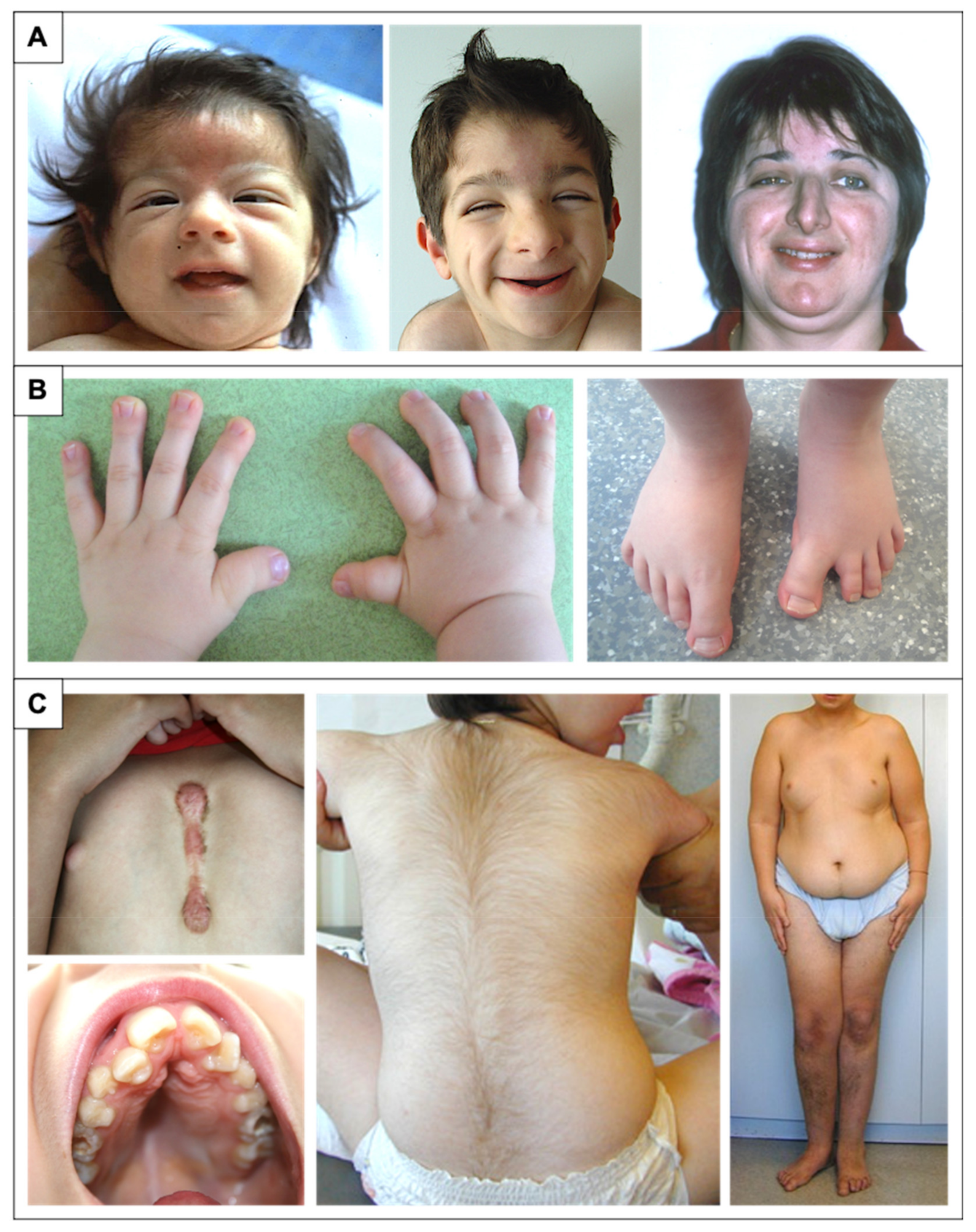
Genes, Free Full-Text
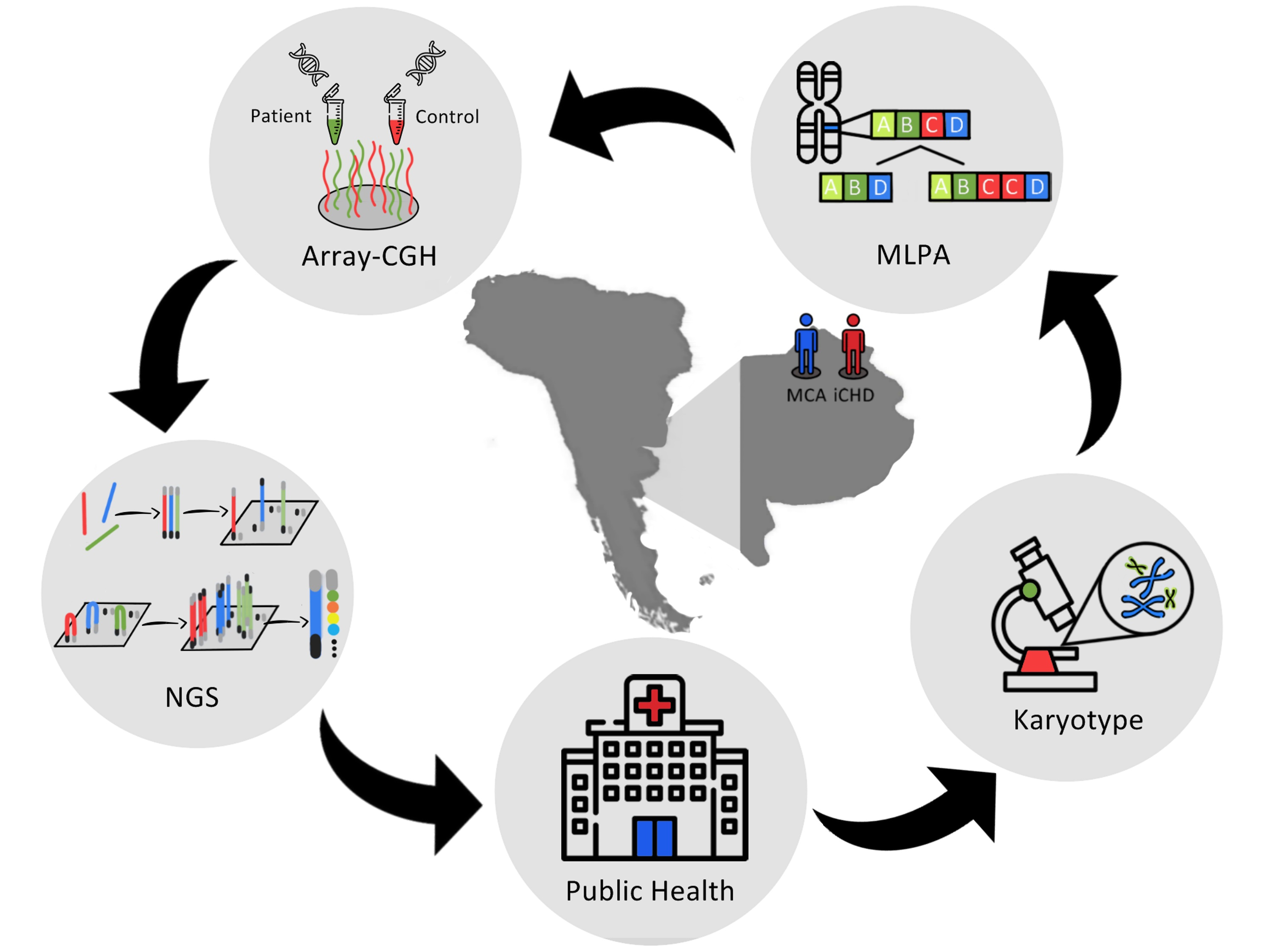
Genes, Free Full-Text

Understanding the role of social media in online health: A global perspective on online social support
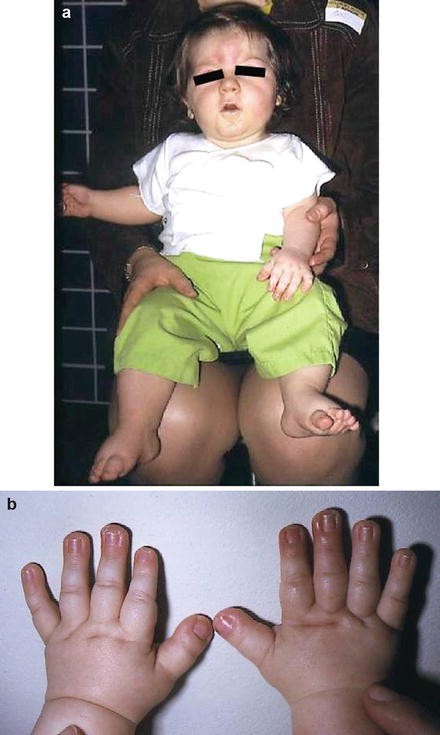
Rubinstein-Taybi Syndrome

Floating-Harbor Syndrome disease: Malacards - Research Articles, Drugs, Genes, Clinical Trials

genereviews.org - GeneReviews® - NCBI Bookshelf
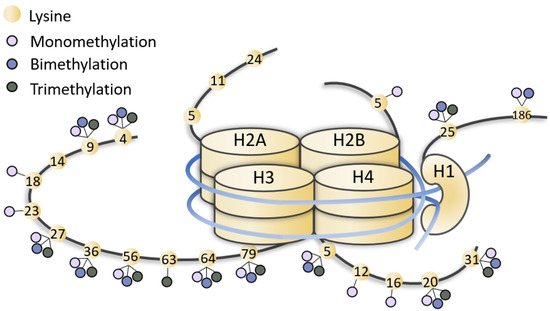
Genes, Free Full-Text

Genetic heterogeneity in Rubinstein–Taybi syndrome: delineation of the phenotype of the first patients carrying mutations in EP300
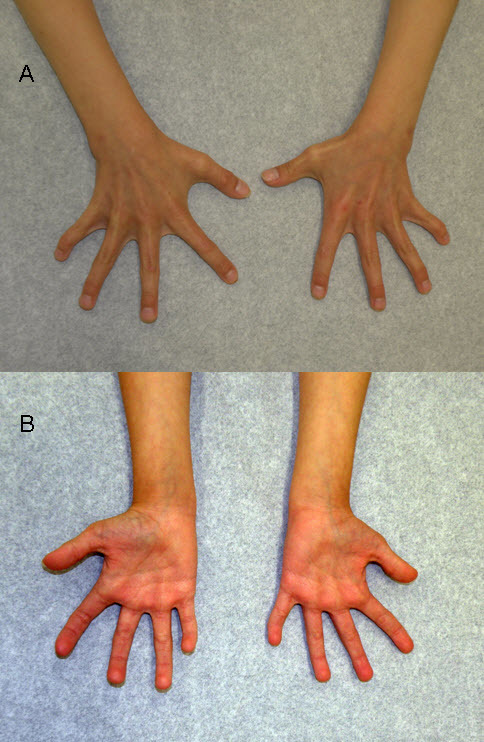
Figure 2. [Dorsal (A) and palmar (B)]. - GeneReviews® - NCBI Bookshelf
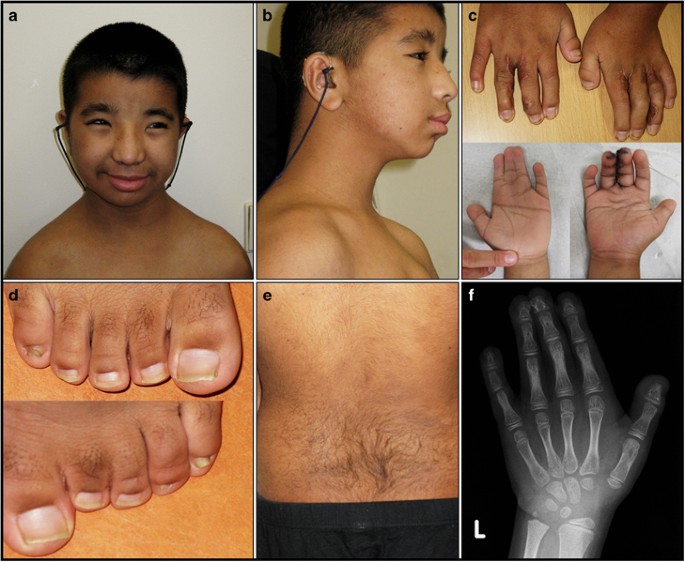
Mosaic CREBBP mutation causes overlapping clinical features of Rubinstein– Taybi and Filippi syndromes
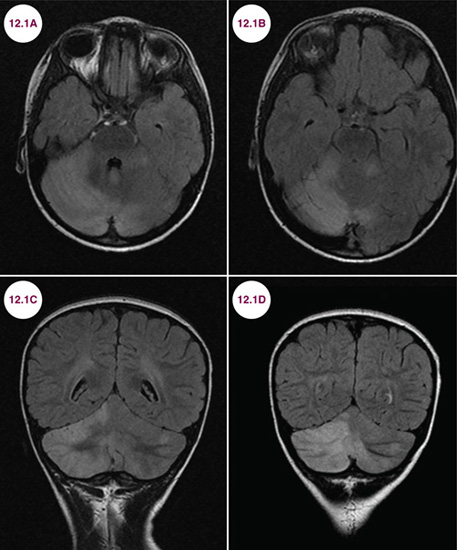
Pediatrics Neupsy Key

Rubinstein-Taybi Syndrome 2 disease: Malacards - Research Articles, Drugs, Genes, Clinical Trials

Understanding the role of social media in online health: A global perspective on online social support
Recomendado para você
-
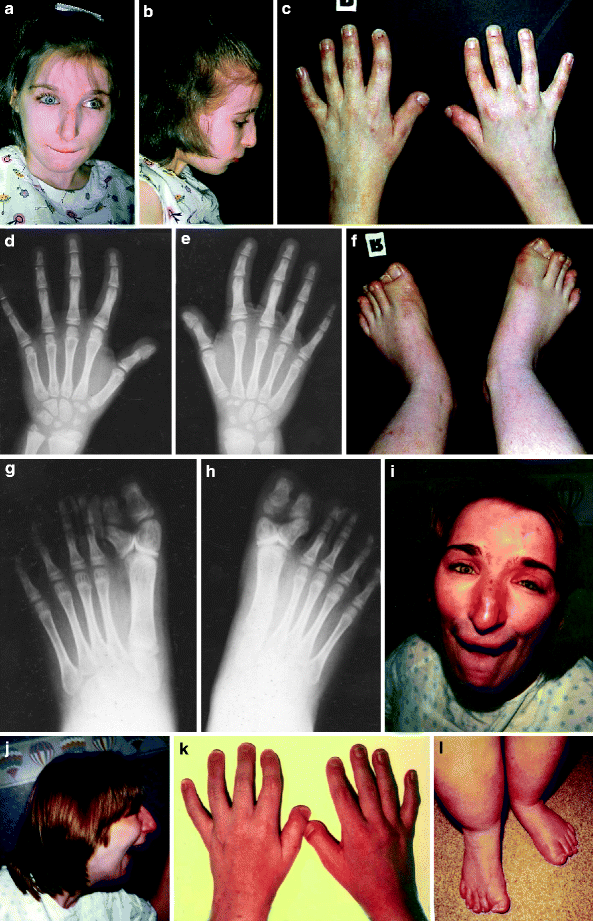 Rubinstein-Taybi Syndrome10 abril 2025
Rubinstein-Taybi Syndrome10 abril 2025 -
 Rubinstein Taybi Syndrome: Most Up-to-Date Encyclopedia, News & Reviews10 abril 2025
Rubinstein Taybi Syndrome: Most Up-to-Date Encyclopedia, News & Reviews10 abril 2025 -
 The novel and recurrent variants in exon 31 of CREBBP in Japanese patients with Menke–Hennekam syndrome - Nishi - 2022 - American Journal of Medical Genetics Part A - Wiley Online Library10 abril 2025
The novel and recurrent variants in exon 31 of CREBBP in Japanese patients with Menke–Hennekam syndrome - Nishi - 2022 - American Journal of Medical Genetics Part A - Wiley Online Library10 abril 2025 -
 PDF) An unusual presentation of Rubinstein-Taybi Syndrome with bilateral postaxial polydactyly Corresponding author10 abril 2025
PDF) An unusual presentation of Rubinstein-Taybi Syndrome with bilateral postaxial polydactyly Corresponding author10 abril 2025 -
 Legius Syndrome - an overview10 abril 2025
Legius Syndrome - an overview10 abril 2025 -
 PDF) The behavioral phenotype of Rubinstein–Taybi syndrome: A scoping review of the literature10 abril 2025
PDF) The behavioral phenotype of Rubinstein–Taybi syndrome: A scoping review of the literature10 abril 2025 -
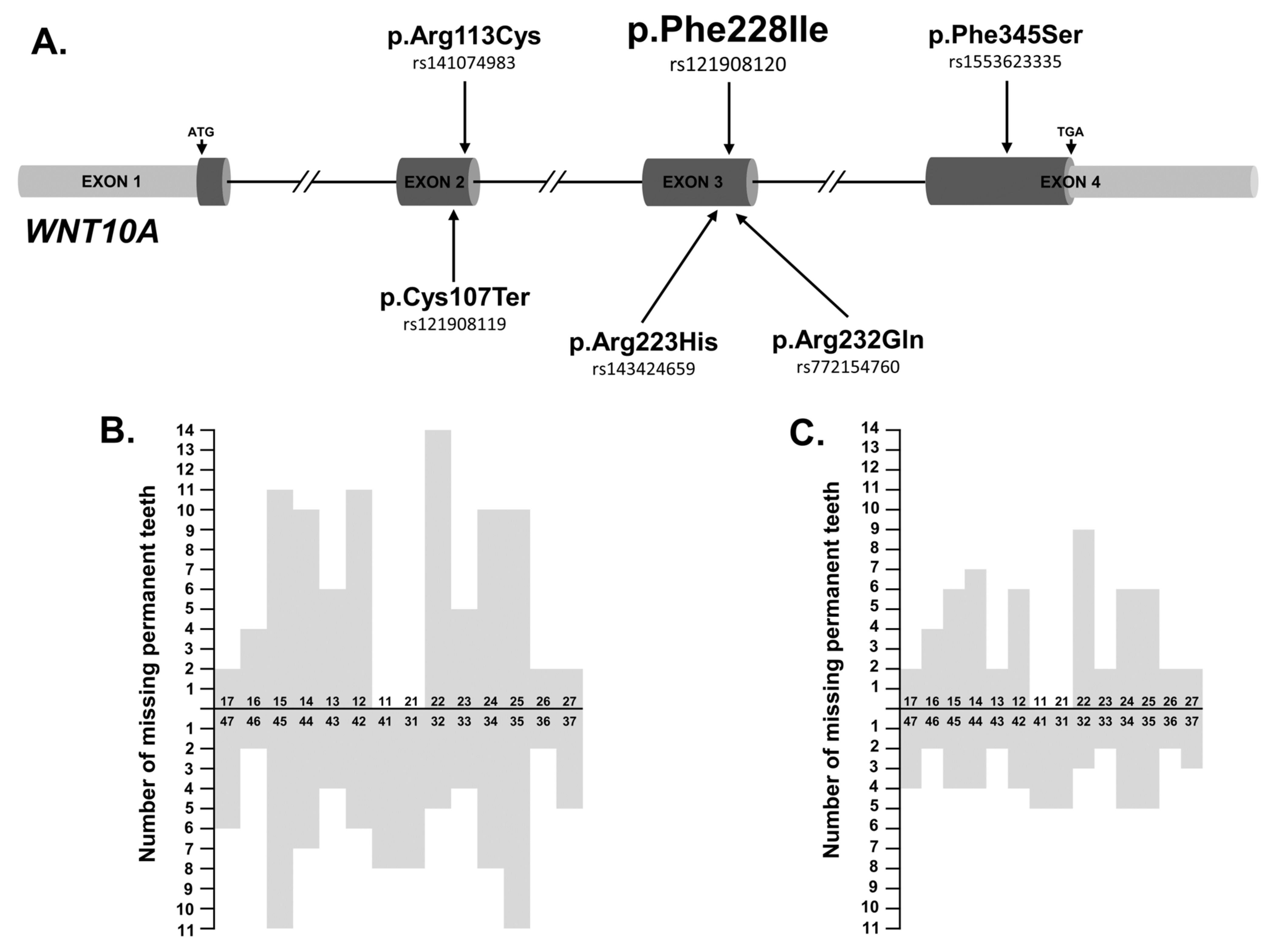 JCM, Free Full-Text10 abril 2025
JCM, Free Full-Text10 abril 2025 -
 Beckwith-Wiedemann Syndrome - GeneReviews® - NCBI Bookshelf10 abril 2025
Beckwith-Wiedemann Syndrome - GeneReviews® - NCBI Bookshelf10 abril 2025 -
 Rubinstein–Taybi syndrome in diverse populations - Tekendo‐Ngongang - 2020 - American Journal of Medical Genetics Part A - Wiley Online Library10 abril 2025
Rubinstein–Taybi syndrome in diverse populations - Tekendo‐Ngongang - 2020 - American Journal of Medical Genetics Part A - Wiley Online Library10 abril 2025 -
 SciELO - Brasil - Prosthetic rehabilitation of a child with Rubinstein-Taybi Syndrome after dental trauma: case report Prosthetic rehabilitation of a child with Rubinstein-Taybi Syndrome after dental trauma: case report10 abril 2025
SciELO - Brasil - Prosthetic rehabilitation of a child with Rubinstein-Taybi Syndrome after dental trauma: case report Prosthetic rehabilitation of a child with Rubinstein-Taybi Syndrome after dental trauma: case report10 abril 2025
você pode gostar
-
 JOGO DOS 7 ERROS, FESTA JUNINA10 abril 2025
JOGO DOS 7 ERROS, FESTA JUNINA10 abril 2025 -
 CONHEÇA OS ANIMATRONICS HUMANÓIDES DE FNAF10 abril 2025
CONHEÇA OS ANIMATRONICS HUMANÓIDES DE FNAF10 abril 2025 -
 PicsArt Photo Studio Editing Download, PNG, 1600x1200px, Picsart10 abril 2025
PicsArt Photo Studio Editing Download, PNG, 1600x1200px, Picsart10 abril 2025 -
 JOGO DO AMOR DIA DOS NAMORADOS10 abril 2025
JOGO DO AMOR DIA DOS NAMORADOS10 abril 2025 -
 Jlo's sister🇹🇷 jlo follows on Instagram on X: #avlu #avludizi10 abril 2025
Jlo's sister🇹🇷 jlo follows on Instagram on X: #avlu #avludizi10 abril 2025 -
 Roblox doors game monster Rush iPhone Case for Sale by mahmoud ali10 abril 2025
Roblox doors game monster Rush iPhone Case for Sale by mahmoud ali10 abril 2025 -
 The Girl Next Door (2007), Filmpedia, the Films Wiki10 abril 2025
The Girl Next Door (2007), Filmpedia, the Films Wiki10 abril 2025 -
união Flarinthians dnv? #flamengo #corinthians #flarinthians #memesbra10 abril 2025
-
 John Denver Greatest Country Hits (Full Album) - John Denver Best Songs Collection10 abril 2025
John Denver Greatest Country Hits (Full Album) - John Denver Best Songs Collection10 abril 2025 -
 Zangief, Wreck-It Ralph Wiki10 abril 2025
Zangief, Wreck-It Ralph Wiki10 abril 2025
